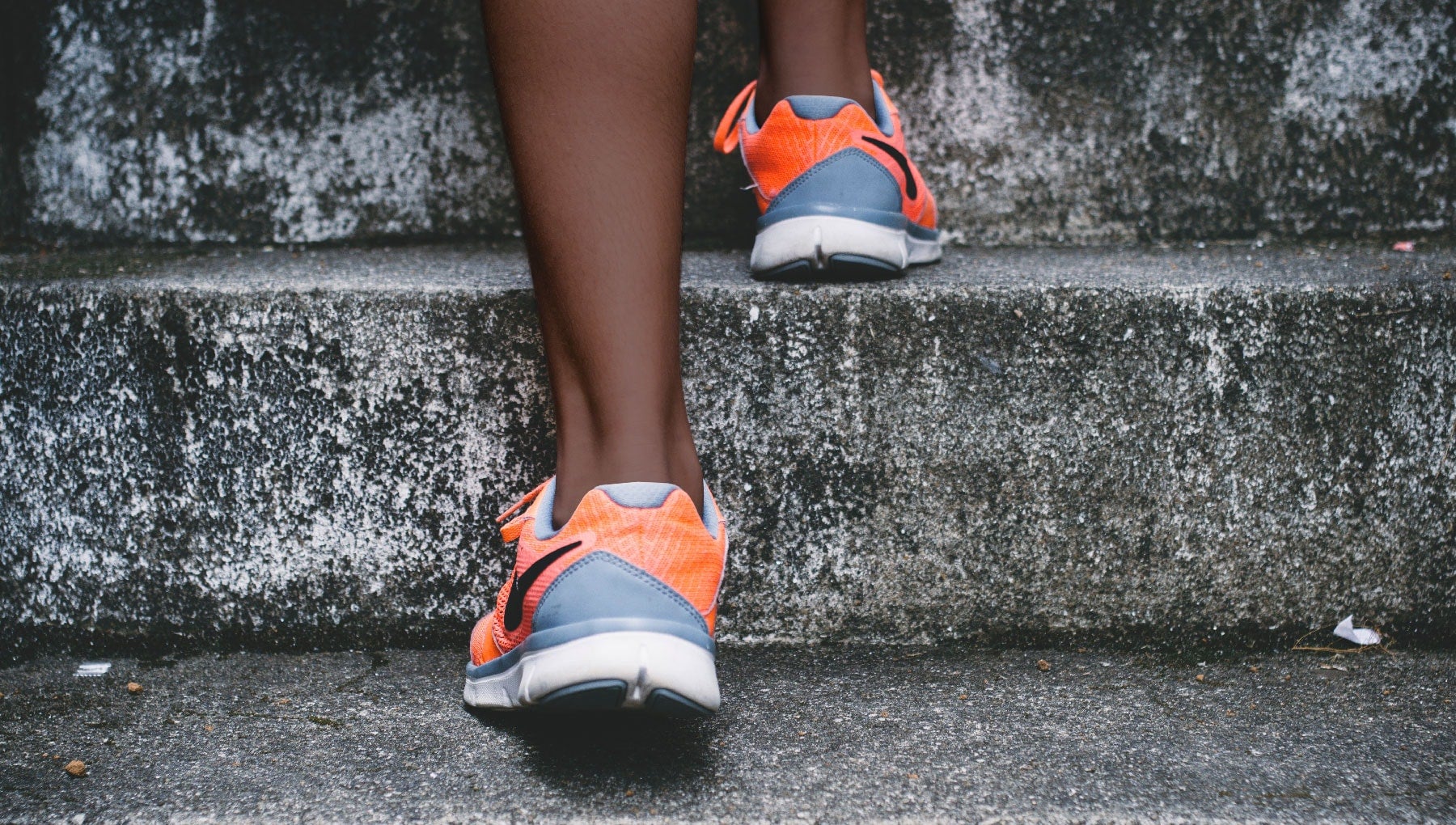
Website to merge into Ochsner.org on August 8!
ochsner.org
ochsner.org

If you enjoy running or jogging regularly as a way to stay fit, it’s a good idea to find out whether or not this activity can have any negative effects on your joints. While there have been a number of scientific studies done on this topic, there is no conclusive evidence as to whether running can harm your joints or not.
Many orthopedic specialists also have differing opinions about this. The following are some facts that can help you learn more about this issue – and some ways to reduce your chance of injury.
Osteoarthritis is a painful disease that can also cause you loss of mobility in your joints. It occurs when cartilage on the ends of the bones deteriorates over time, eventually causing the bones to rub together very painfully.
For years there has been widespread concern among both runners and physicians that running can increase the chances of developing osteoarthritis. While many still debate the validity of this, there have been a number of studies done on runners that indicate running does not increase the risk of osteoarthritis. In fact, many runners end up having healthier joints than people who do not exercise regularly.
Running is not for everyone. It’s especially important to know that people who have pre-existing joint injuries and those who are more than 20 pounds overweight are at greater risk of being injured by running too frequently. Other than those exceptions, the risk of joint injuries from running are not really any greater than the risks from doing just about any kind of athletic activity.
Running on a regular basis has many effects on your body – some positive and some negative.
Positive Effects:
Negative Effects:
There are a few precautions you can take to get the most benefit from running and reduce risks. Always wear proper running shoes (this helps reduce the risk of injury). It’s also a good idea to take one or two days a week off from running. This will allow your body to recover and help to prevent overuse injuries.
Additionally, it’s beneficial to do some cross training exercises (such as weight training) instead of just running. This will ensure that your upper body is strengthened, and you don’t have an imbalance between upper and lower body strength – which can make you more susceptible to injuries.
DISCLAIMER: Always consult your physician before acting on any medical advice or tips you may receive – including those involving medical procedures, exercises, lifestyle changes, supplements, vitamins, etc. Lafayette General Orthopedic Hospital is not responsible for any adverse effects experienced by persons who act upon advice without prior approval from a qualified physician.